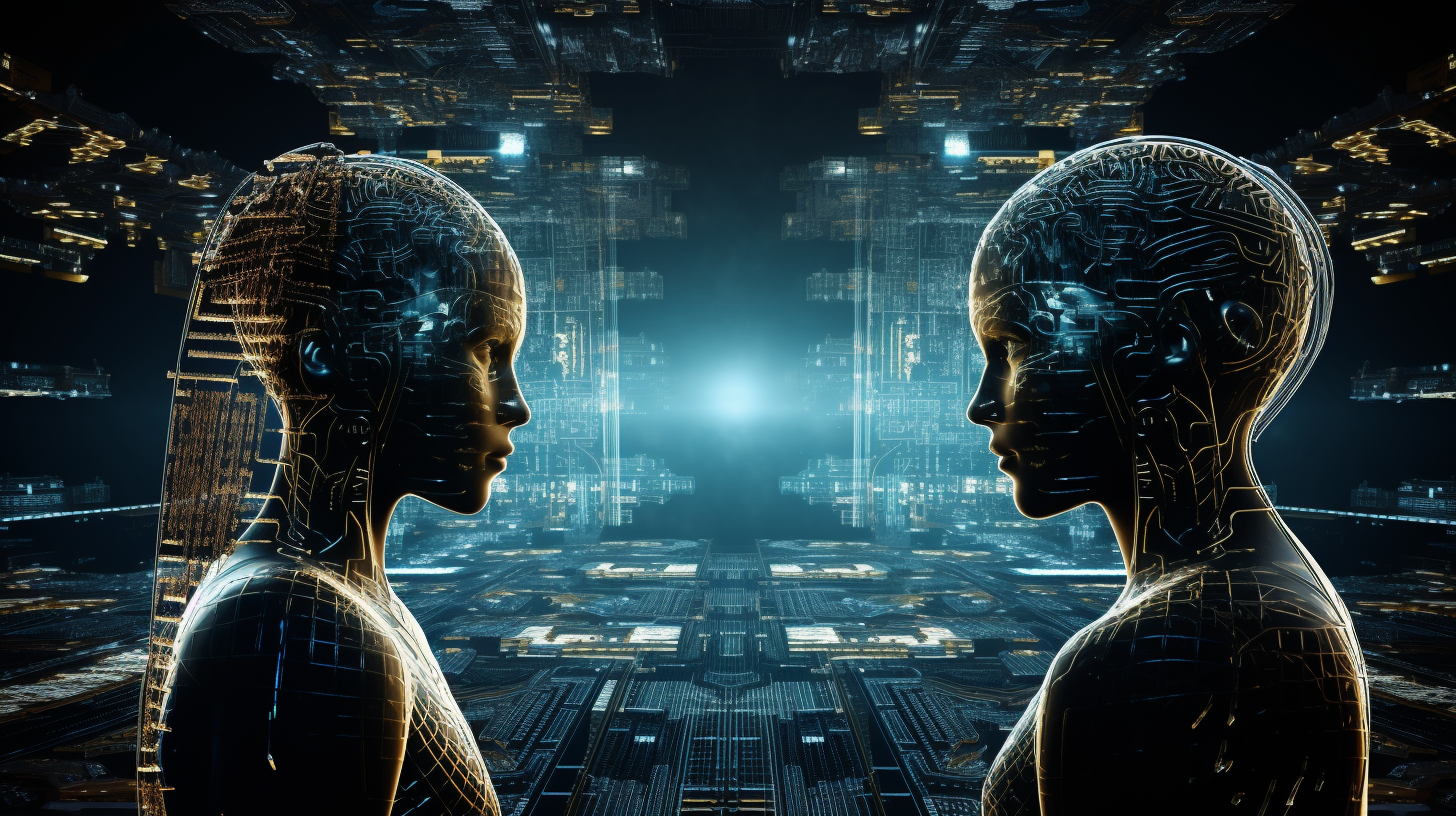In an era where cryptocurrencies reign supreme and blockchain technology sets the foundation of socio-economic exchanges, traditional legal frameworks are undergoing a transformation that could only be characterized as revolutionary. In the limelight of this changing legal landscape are Artificial Intelligence (AI) arbiters, at the forefront of rectifying and resolving disputes in a world dominated by digital currency.
Imagine you’ve entered into a smart contract for a house purchase, paid for in Bitcoin. But upon taking possession, you discover undisclosed defects. Where once you might have sought the counsel of a flesh-and-blood lawyer, now an AI arbiter can step in to swiftly and impartially mediate or adjudicate based on contract code and pre-set regulations.
The role of AI in crypto dispute resolution is multifaceted. AI systems, fueled by machine learning algorithms, can digest vast quantities of legal precedents, blockchain transaction data, and contractual nuances to deliver verdicts faster than any human judge or jury. Moreover, these digital arbiters operate 24/7, slashing the time individuals and businesses wait for resolutions and consequently reducing opportunity costs.
Yet, is society ready to entrust AI with the critical task of dispensing justice? Do AI arbiters provide a level of fairness and reliability that can rival, or even surpass, our established judicial systems? The notion is not as far-fetched as it may seem. In fact, in this crypto-enabled civilization, AI has progressed to such an extent that it often outperforms human oversight when it comes to contractual intricacies and conflict resolution.
Let’s delve into the workings of one of the most prominent AI arbitration platforms, JusticeAI. Designed to handle everything from small-scale e-commerce disputes to large corporate trade disagreements, it leverages blockchain’s immutable ledger to ensure that all evidence is tamper-proof and easily verifiable. Parties simply submit their cases digitally, along with all relevant blockchain transaction records, and the AI arbiter assesses the merits of the case through its sophisticated algorithms.
But it’s not just about the verdict; the AI arbiter also plays a pivotal role in mediation. Prior to rendering a decision, these AIs can facilitate negotiations between conflicting parties, providing guided pathways towards a mutual agreement — all without human bias or error. It begs the question — could AI arbiters be the embodiment of blind justice?
The skepticism, however, persists. Critics argue that despite advancements, AIs may lack the nuanced understanding of human emotions and moral judgments that can sometimes be the heart of a dispute. Moreover, there’s concern over the lack of transparency in how these AI systems reach their conclusions — the so-called ‘black box’ problem that plagues many AI applications. It’s an issue of trust in a system whose reasoning isn’t always apparent to those it serves.
To mitigate these concerns, a combination of AI and human expertise has often been touted as the golden mean. This hybrid approach, as discussed in our previous article ‘Virtual Justice: How Smart Contracts Are Decentralizing Legal Resolution’, ensures the efficiency and reliability of AI while maintaining the human touch where necessary. It reflects a consensus that while smart contracts hugely decentralize legal resolution, they are not without their flaws and may require human intervention.
In conclusion, the role of AI Arbiters in crypto dispute resolution is not just a possibility — it’s a burgeoning reality. As we move towards a tomorrow where every financial transaction is digital, it’s inevitable that our legal systems adapt to the beat of this new drum. Whether these AI systems will completely replace human arbitration or act as a steadfast supplement is still under contentious debate, but one thing is for certain — AI is redefining justice in the cryptocurrency age.
Are we prepared to place our digital disputes in the hands of silicon-based judges? This question may very well define the future of our legal consciousness and the nature of dispute resolution in a fully digital economy.
